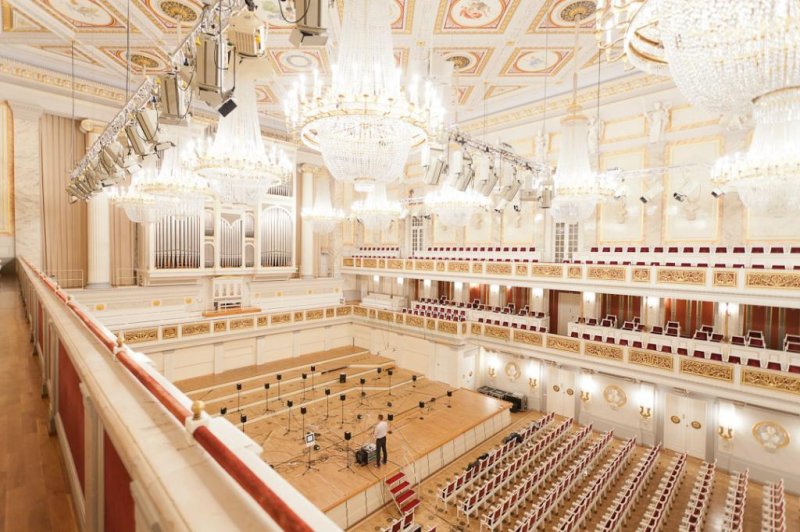For music lovers who swear by a favorite venue, researchers at Aalto University in Finland have developed a method that allows accurate comparisons of concert hall acoustics.
"People have different tastes and unique preferences when it comes to the acoustics of a concert hall," says Associate professor Tapio Lokki, who led the study, published in Proceedings of Meetings on Acoustics.















